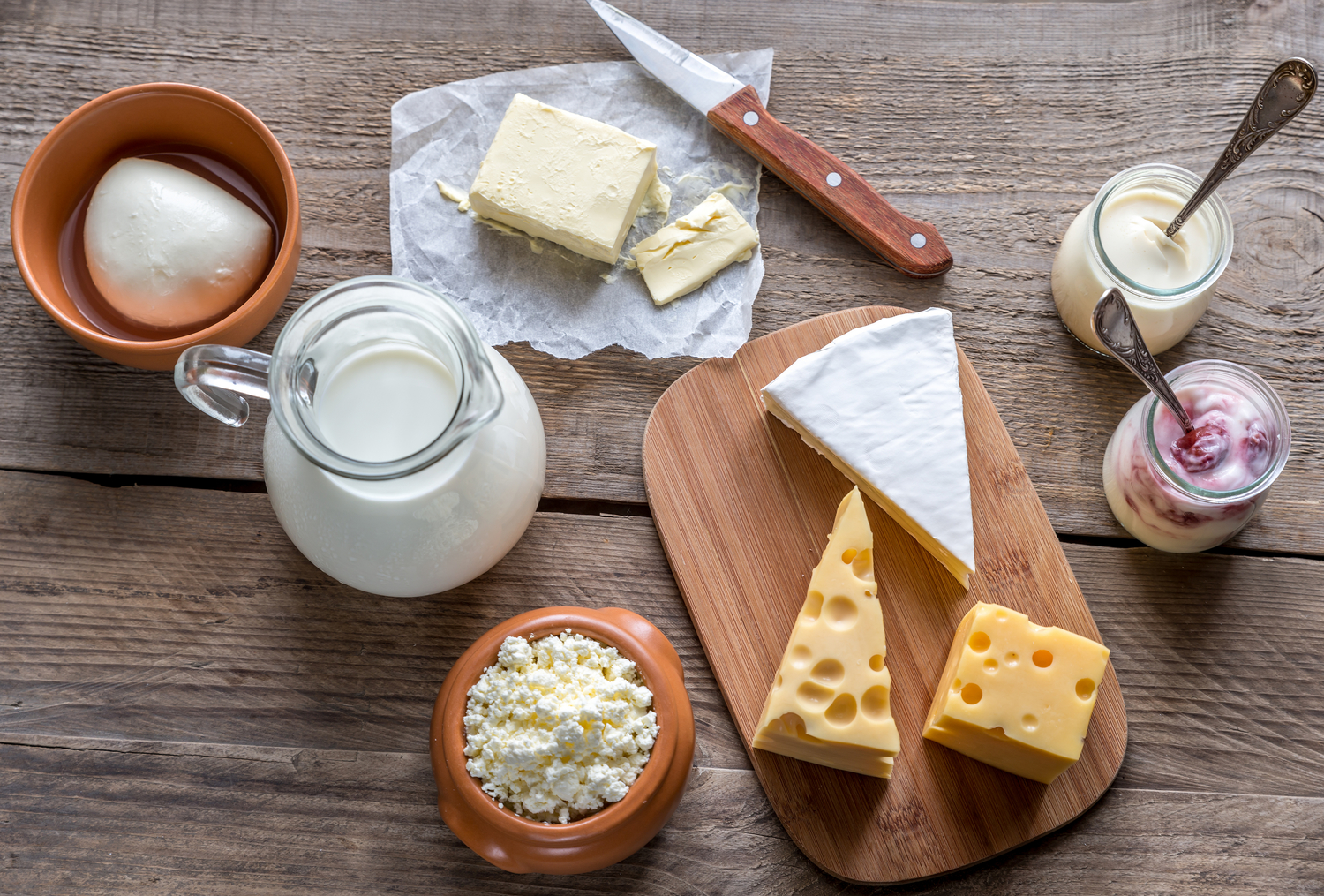
Foods to Avoid and Helpful Treatments For Rheumatoid Arthritis
Rheumatoid arthritis (RA) can be described as a chronic and inflammatory disorder that usually affects the joints. In some cases, the diseases can affect other parts of the body such as the eyes, lungs, blood vessels, and skin. The disease usually happens when the immune system erroneously attacks other tissues of the body. RA, unlike osteoarthritis, attacks the lining of the joints, resulting in a painful swelling that can lead to joint deformity or bone erosion.
Below are the foods to avoid if you suffer from RA, as well as some commonly prescribed medications and arthritis treatment options :
1. Refined sugar
Refined sugar is present in products such as pastries, cookies, store cookies, donuts, and soft drinks. The best way to know if a product has refined sugar is to check on the list of ingredients. Any ingredient ending with ‘ose’ like fructose and glucose is a no. When you consume such foods, the sugar triggers the body to generate pro-inflammatory chemicals known as cytokines. The chemicals can worsen the symptoms of rheumatoid arthritis RA in case the inflammation affects the joints.
2. Fried foods
Irrespective of the type of oil used, fried foods contain more trans fats compared to boiled or grilled foods. Artificial trans fats generally increase the rate of inflammation in the body. There are certain types of oils that are considered worse than others. Examples of fats to avoid include butter, margarine, shortening, coconut oil, and lard. All of these are examples of saturated fats. Besides the fats, the method of cooking (frying) can also contribute to inflammation. For instance, the high amount of heat required to fry meat produces high levels of improved glycation end products (AGEs).
3. Alcohol
The effect of alcohol consumption on rheumatoid arthritis is not very clear. Some studies tend to suggest that moderate alcohol intake can decrease or slow down the risk of rheumatoid arthritis.
However, the truth is that alcohol causes inflammation and can worsen the condition of a patient with rheumatoid arthritis. While health experts recommend moderate drinking, it is best for any person with RA to avoid alcohol intake by all means.
4. Dairy products
Although we are always encouraged to consume dairy products for adequate vitamin D and calcium, dairy has the potential of increased inflammation in the body. Researchers are however not sure if this is the same in all people. While other studies show an increase in inflammation after eating dairy products, others indicate an improvement in health conditions. All in all, some milk products consist of saturated fats that can trigger inflammation in Rheumatoid arthritis patients. If you must eat dairy products, then it is best to go for low-fats.
5. Salt
The urge of adding salt to food is almost irresistible to some people. Although salt is not entirely harmful, its excessive use can lead to inflammation. Mots prepared and processed foods are usually high in salt together with other preservatives. The best option is to avoid foods with salt entirely or look for those with low salt. You should also learn to resist the temptation of always wanting to add salt to your food.
6. Common treatments and medications for RA
Rheumatoid arthritis treatment aims to lessen the symptoms while improving joint function. Doctors may prescribe a combination of the following effective RA treatments and medications:
- Nonsteroidal anti-inflammatory drugs (NSAIDs): such as ibuprofen (Advil, Motrin IB, etc.) and naproxen sodium (i.e., Aleve and Voltaren) are often prescribed in oral tablets and creams or gels to help lessen pain.
- Disease-modifying antirheumatic drugs (DMARDs): Medications like Tremfya, Xeljanz, Humira, Rinvoq, Guselkumab, Simponi Aria, and Actemra are taken to help slow RA progression and limit the damage to joints.
- Physical therapy: To improve range of motion and strengthen the muscles surrounding joints.
- Surgery: Joint repair, replacement, and fusion on arthritic wrists, ankles, hips and knees may be necessary in severe cases.



